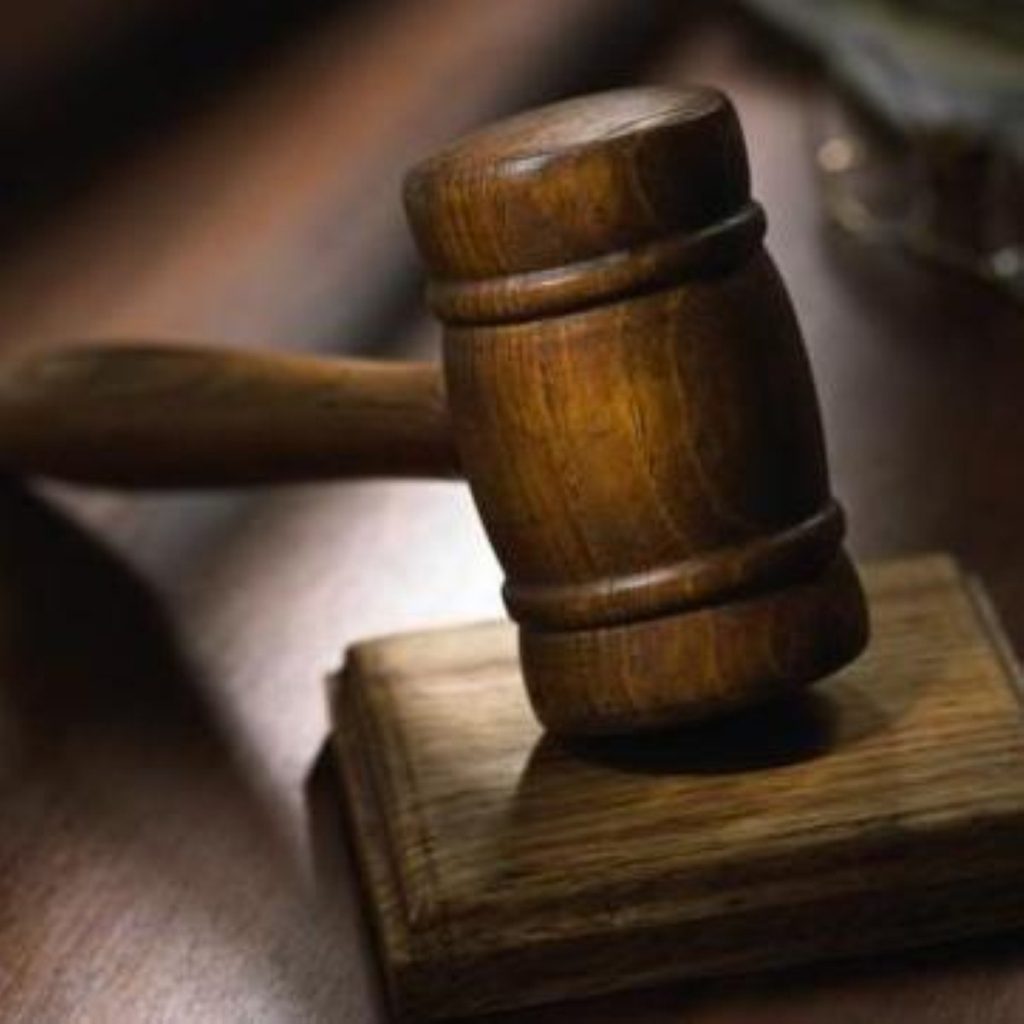Government criticised over Afghan hijackers
The government showed “conspicuous unfairness amounting to an abuse of power” in dealing with nine asylum seekers who hijacked a plane to get to the UK, a high court judge ruled today.
Mr Justice Sullivan granted the nine Afghans leave to remain in Britain as refugees, and condemned the government for not following the proper legal procedures in dealing with their case.
The nine arrived in London in 2000, after hijacking a Boeing 727 on an internal flight from Kabul and forcing the crew to fly them to Stansted airport.
The Home Office has since then refused to grant them formal permission to stay in the UK, leaving them to live in and around London on a temporary basis, with restrictions on their movements and employment.


Two years ago, an adjudication appeal panel said that, under human rights law, the nine could not be sent back to Afghanistan – but today Mr Justice Sullivan said the government had “deliberately delayed” implementing this ruling.
To show his “disquiet and concern” with the government, he ordered them to pay indemnity costs – the highest level of costs possible.
“Lest there be any misunderstanding, the issue in this case is not whether the executive should take action to discourage hijacking, but whether the executive should be required to take such action within the law as laid down by parliament and the courts,” he said.
In December 2001, the nine Afghans were convicted of hijacking, false imprisonment, possessing firearms with intent to cause fear of violence and possessing explosives, but an appeal court quashed these in June 2003 on the basis that they had been under duress.
Home Office minister Tony McNulty said he was “disappointed” by today’s judgment and would consider whether to appeal, saying it was “common sense” not to reward people guilty of hijacking with leave to remain in the UK.
“That is why the Home Office introduced a policy that, depending on the circumstances of the case, enabled the secretary of state not to grant leave of any sort to people who are excluded from international protection and instead keep them on temporary admission,” he said.
Mr McNulty said the Afghans would be returned to their home country as soon as it was safe to do so.
Shadow home secretary David Davis expressed his surprise at the decision, saying that with British troops “maintaining the peace” in Afghanistan, it was “extraordinary” that Britain should have to keep Afghan asylum seekers in the UK “for no justifiable reason”.
However, the Refugee Council said the government could not just ignore the threats facing the nine Afghans and “bend the rules because it doesn’t want to look soft on hijacking”.
“We don’t want to see people hi-jacking planes, but the fact is this was an exceptional case. No one, before or since, has used this method to flee their country and claim asylum,” said director of communications Tim Finch.
“And in this case, it is time to accept that the men do need protection here and they should be allowed to get on with their lives and contribute to the UK.”









